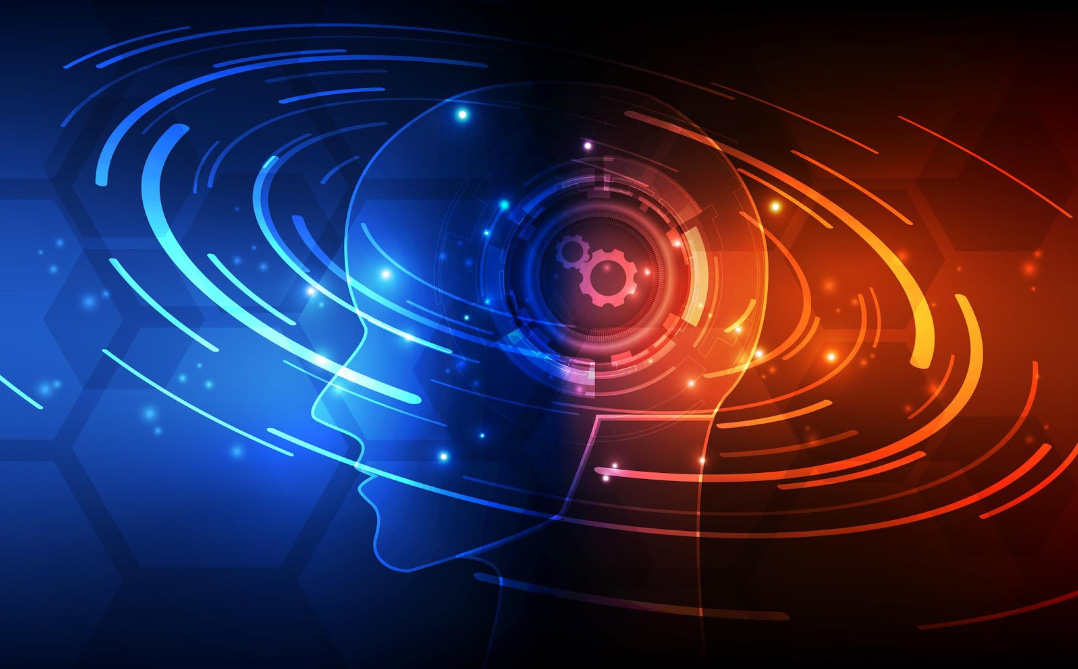Image via Dreamstime Stock Photos Hello and welcome to another exciting blog post where we delve into the fascinating world of technology. T...

Image via Dreamstime Stock Photos
Hello and welcome to another exciting blog post where we delve into the fascinating world of technology. Today, we'll be exploring the basics of Artificial Intelligence (AI) and how it is shaping our lives. So, let's get started!
Artificial Intelligence, simply put, is the simulation of human intelligence in machines that are programmed to think and learn like humans. It has become a buzzword in recent times, with its applications moving beyond science fiction and becoming an integral part of our daily lives.
At its core, AI involves the development of machines or computer systems capable of performing tasks that would typically require human intelligence. These tasks could range from speech recognition and decision-making to problem-solving and pattern detection. The goal of AI is to create smart systems that can adapt and improve their performance over time.
To understand AI better, let's explore its two main branches: narrow AI and general AI. Narrow AI, also known as weak AI, is focused on specific tasks and performs them exceptionally well. For example, virtual personal assistants like Siri and Alexa fall under the realm of narrow AI. These assistants can understand and respond to human commands but are limited to predefined tasks.
On the other hand, general AI aims to replicate human intellectual capability in all aspects. This form of AI does not currently exist, but it is the ultimate goal for researchers and developers. General AI would possess the ability to think, reason, problem-solve, and even possess emotions similar to humans.
There are various technologies and techniques that enable AI systems to function. Machine learning is among the most prominent and widely used techniques. It involves training machines with large amounts of data to recognize patterns and make predictions or decisions based on that information. The more data an AI system is exposed to, the more accurate and sophisticated it becomes.
Another key technology in AI is Natural Language Processing (NLP). NLP focuses on enabling machines to understand and interpret human language. Through NLP, AI systems can analyze and extract meaning from large volumes of text, allowing for language translation, sentiment analysis, and automated customer support, among other applications.
AI has made significant strides in various industries, revolutionizing the way we live and work. Let's take a look at some of the key sectors where AI has found immense utility:
1. Healthcare: AI-powered systems can help doctors diagnose diseases, analyze medical images, and even suggest tailored treatment plans based on a patient's medical history.
2. Finance: AI algorithms process vast amounts of financial data to identify patterns, make predictions, and automate tasks like fraud detection and risk assessment.
3. Transportation: Self-driving cars, which rely heavily on AI, are becoming a reality, with companies like Tesla pioneering this technology and aiming to make driving safer and more efficient.
4. Customer Service: AI chatbots have become ubiquitous in the customer service industry, providing instant assistance, answering queries, and seamless support.
5. Gaming and Entertainment: AI is transforming the gaming industry by creating intelligent and unpredictable virtual opponents, enhancing the player's experience.
While AI holds immense potential, it also raises ethical concerns and questions about its impact on society. Privacy and security risks, job displacement, and bias in decision-making algorithms are just a few challenges that need to be addressed as AI continues to evolve.
In conclusion, Artificial Intelligence has rapidly gained ground and is becoming an integral part of our lives. Its ability to mimic human intelligence and perform complex tasks has resulted in transformative applications across various industries. As AI research and development progress, it is crucial to strike a balance between technological advancements and the ethical considerations that accompany them.
We hope this blog post has provided you with a solid foundation to understand the basics of AI. As you navigate through an AI-driven world, remember to embrace the possibilities while staying vigilant about its potential challenges and implications.
Till next time, happy exploring the exciting world of Artificial Intelligence!















